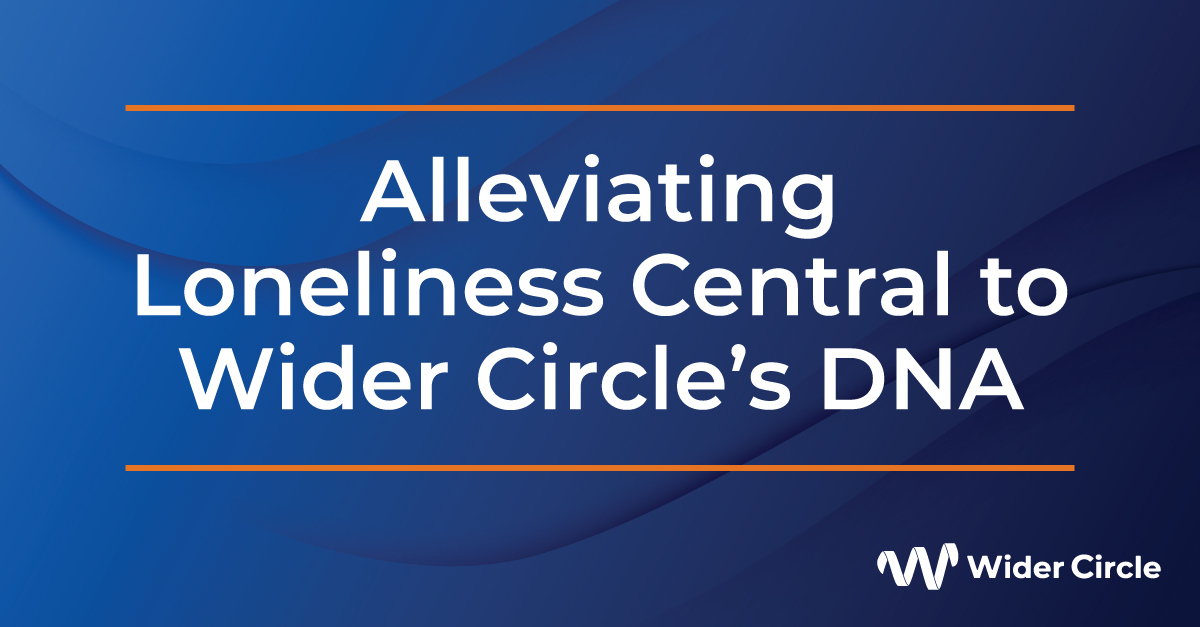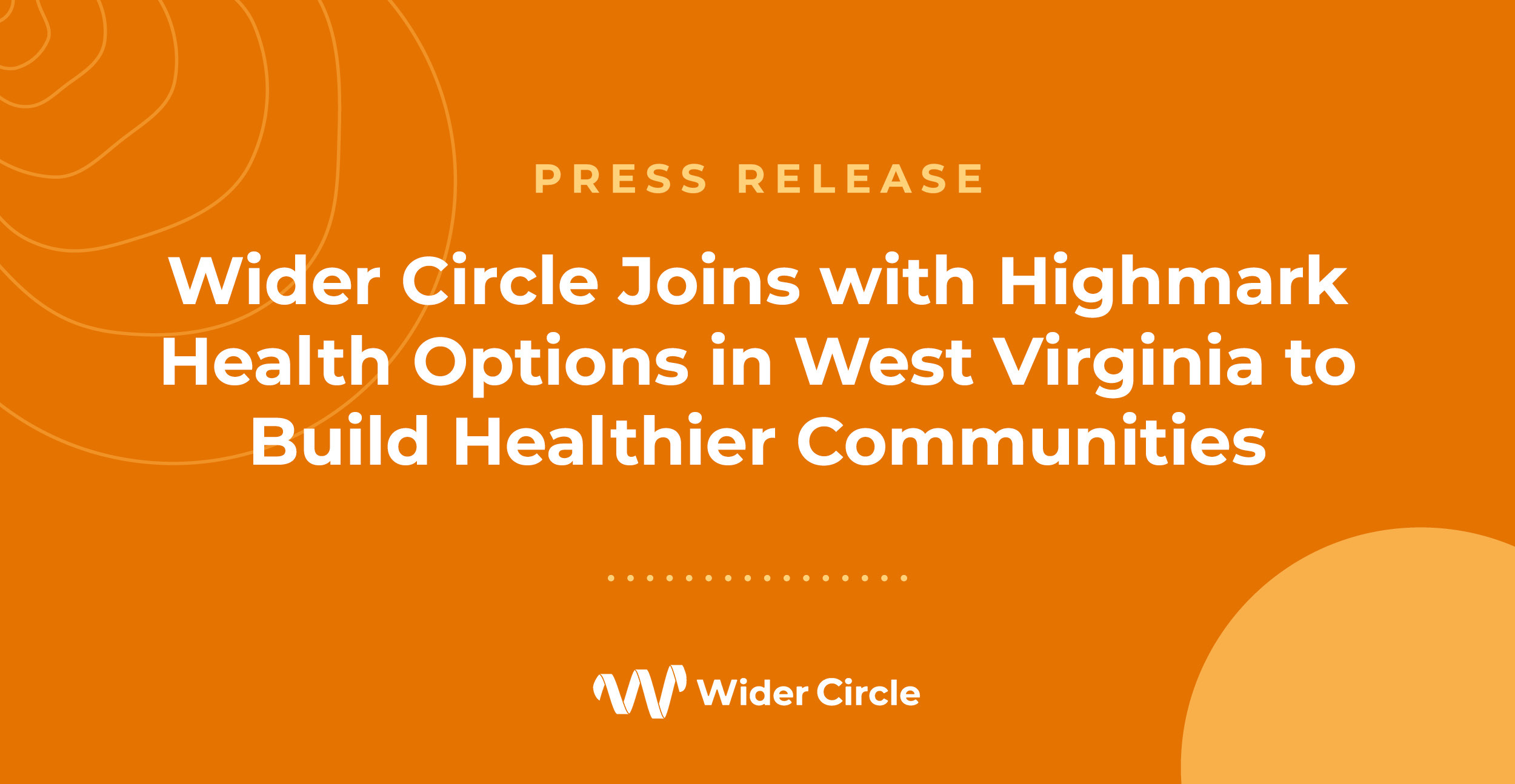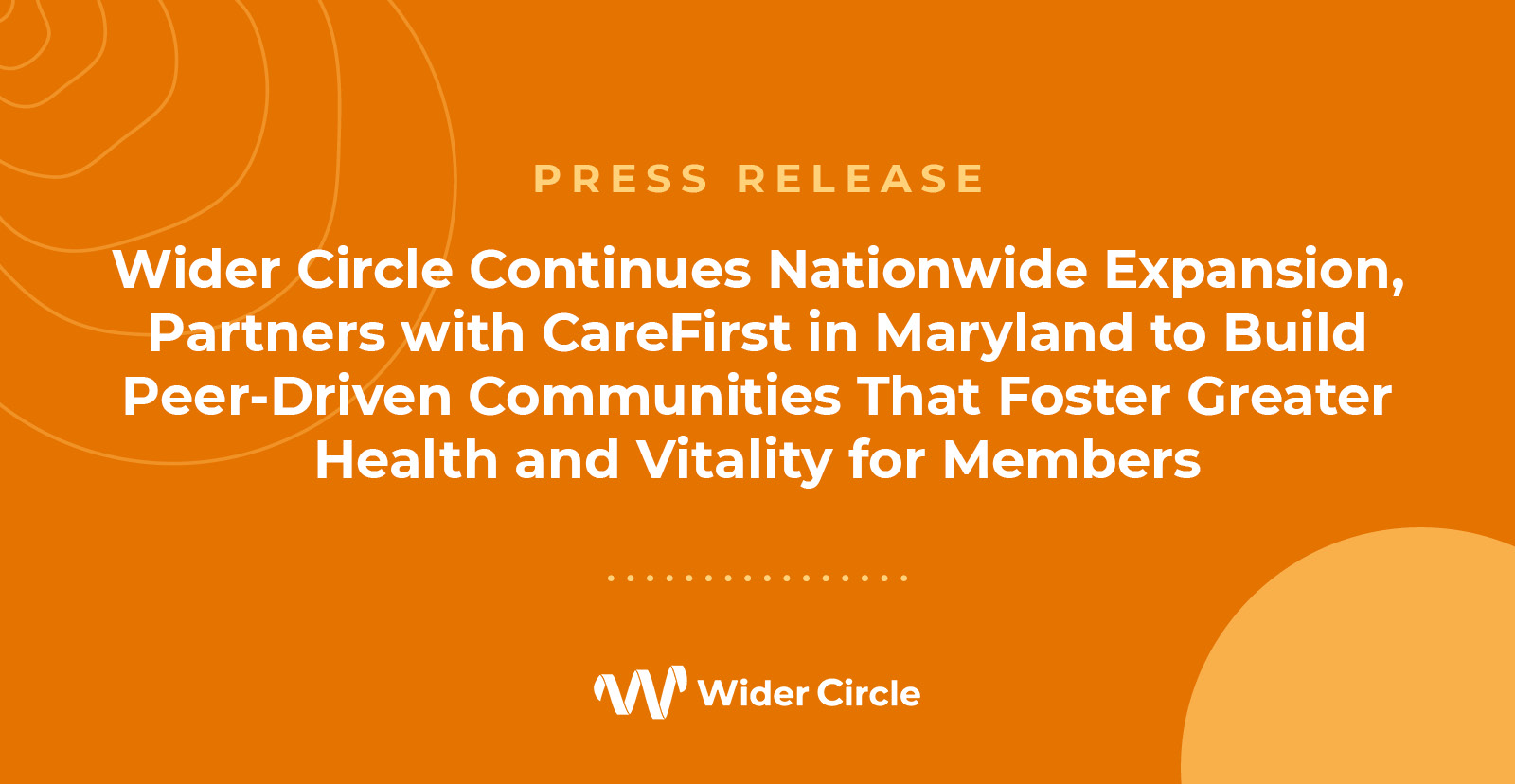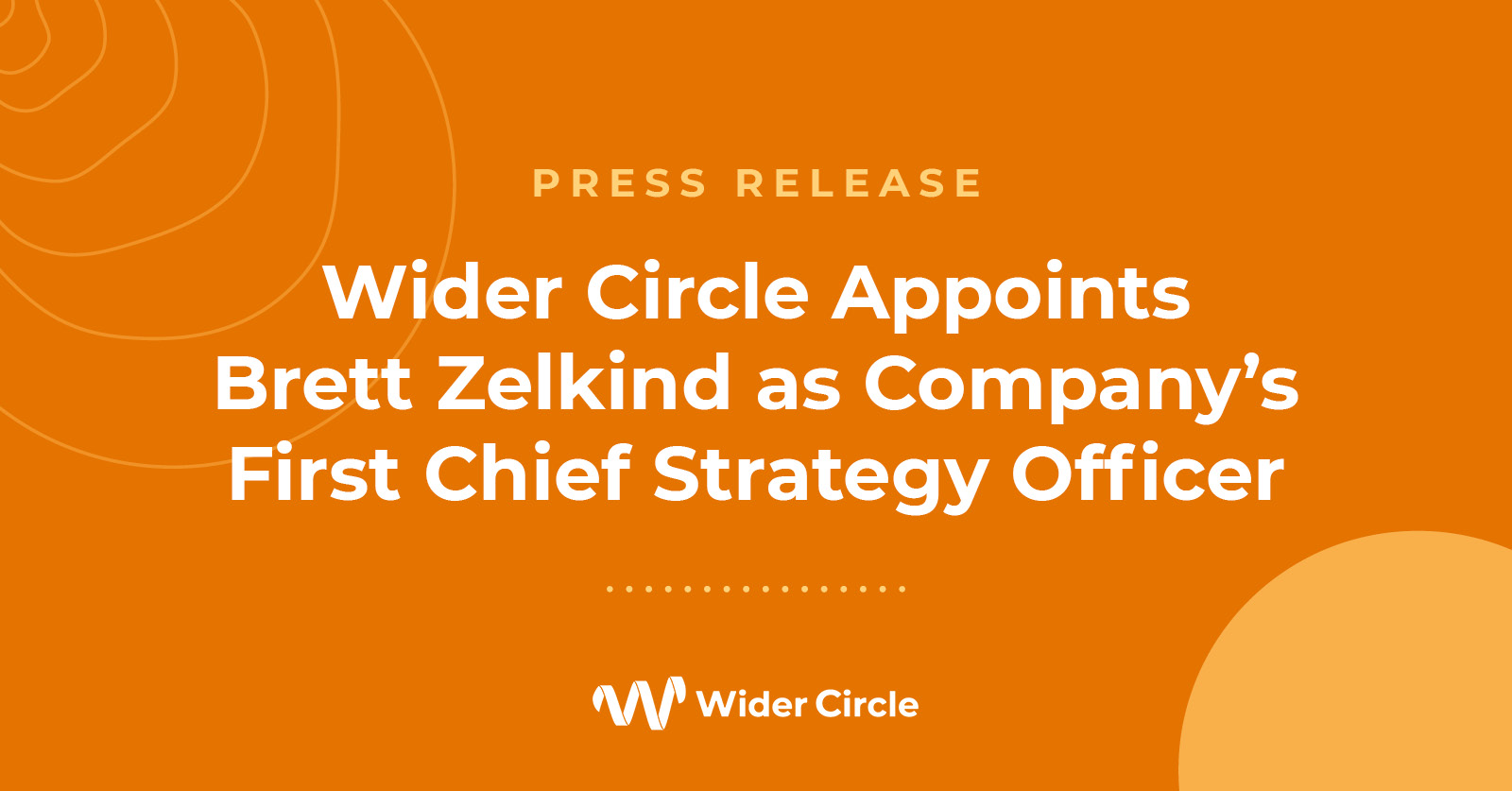
Study shows Connect for Life® is 4 times more likely to eliminate feelings of loneliness
Redwood City, CA, May 15, 2023 – Loneliness is an epidemic. When compared with other leading U.S. health indicators, loneliness impacts more adults than those classified as obese, severely obese and smokers, according to an American Psychologist paper, Advancing Social Connection as a Public Health Priority. U.S. Surgeon General Dr. Vivek Murthy recently released a Surgeon General Advisory calling loneliness, isolation and the lack of connection in our country a public health crisis. Loneliness can increase our risk of premature death as much as smoking cigarettes daily, he says, putting people at risk for a 29% increased risk for heart disease, a 32% increased risk of stroke and a 50% increased risk in older adults of developing dementia. Lacking social connection increases people’s risk of premature death by more than 60%.
Wider Circle, a neighborhood-based health organization in twelve states that empowers community members to live happier, healthier lives, grew out of its co-founders’ desire to address the healthcare challenges faced by their parents and grandparents as they became more isolated. Their work is built on a foundation that brings adults together to socialize, connect and share wisdom. For years, the organization has encouraged members to follow the recommendations Dr. Murthy made to engage in social connectedness: answering a phone call from a friend, inviting someone to dinner, listening and being present during a conversation and seeking out opportunities to serve others.
“Before I joined Wider Circle, I was home, every day, just about, doing not much of anything,” says Yolanda Salinas, a volunteer member ambassador, from the San Francisco Bay area. “Then we started to do activities. Then I got myself moving. I got off the couch. We just had a great time.”
Wider Circle addresses healthcare challenges born of loneliness, such as lack of physical activity, inconsistent medication adherence and unhealthy diet. It builds neighborhood groups that foster peer-to-peer engagement rooted in trust. Leveraging that trust and positive deviance theory, the Wider Circle model creates a community support network that can effectively influence members to take positive health actions and address social determinants of health. Participating in Wider Circle’s groups results in healthier people with lower healthcare costs and better outcomes. One such outcome was demonstrated through a study showing Wider Circles’ members, when compared to a similar control group, were nearly 4 times more likely to eliminate feelings of loneliness than those who didn’t go through the program.
Today, the Wider Circle program serves tens of thousands of members in hundreds of vulnerable and underserved communities across 12 states (and growing) and helps members with issues beyond loneliness, such as maternal health and chronic diseases, including hypertension, kidney disease, COPD, asthma and diabetes. Through the program, Wider Circle employs local community engagement liaisons to form and manage groups of members within a given neighborhood and recruit volunteer ambassadors like Salinas. Wider Circle’s neighborhood groups empower members to motivate and support each other to get the care they need, when and where they need it.
About Wider Circle
Wider Circle works with health plans nationally to deliver unique community care programs that connect neighbors for better health. Centered on trusted relationships, Wider Circle connects health plan members with like-minded neighbors to inform, support and motivate one another, empowering them to be more proactive about their health. Wider Circle’s trusted delivery network has been proven to drive resilience, improve member experience and engagement and reduce hospitalizations. Today, Wider Circle offers its unique neighborhood care programs to over 700 communities nationwide. To learn more, visit www.widercircle.com.
###


